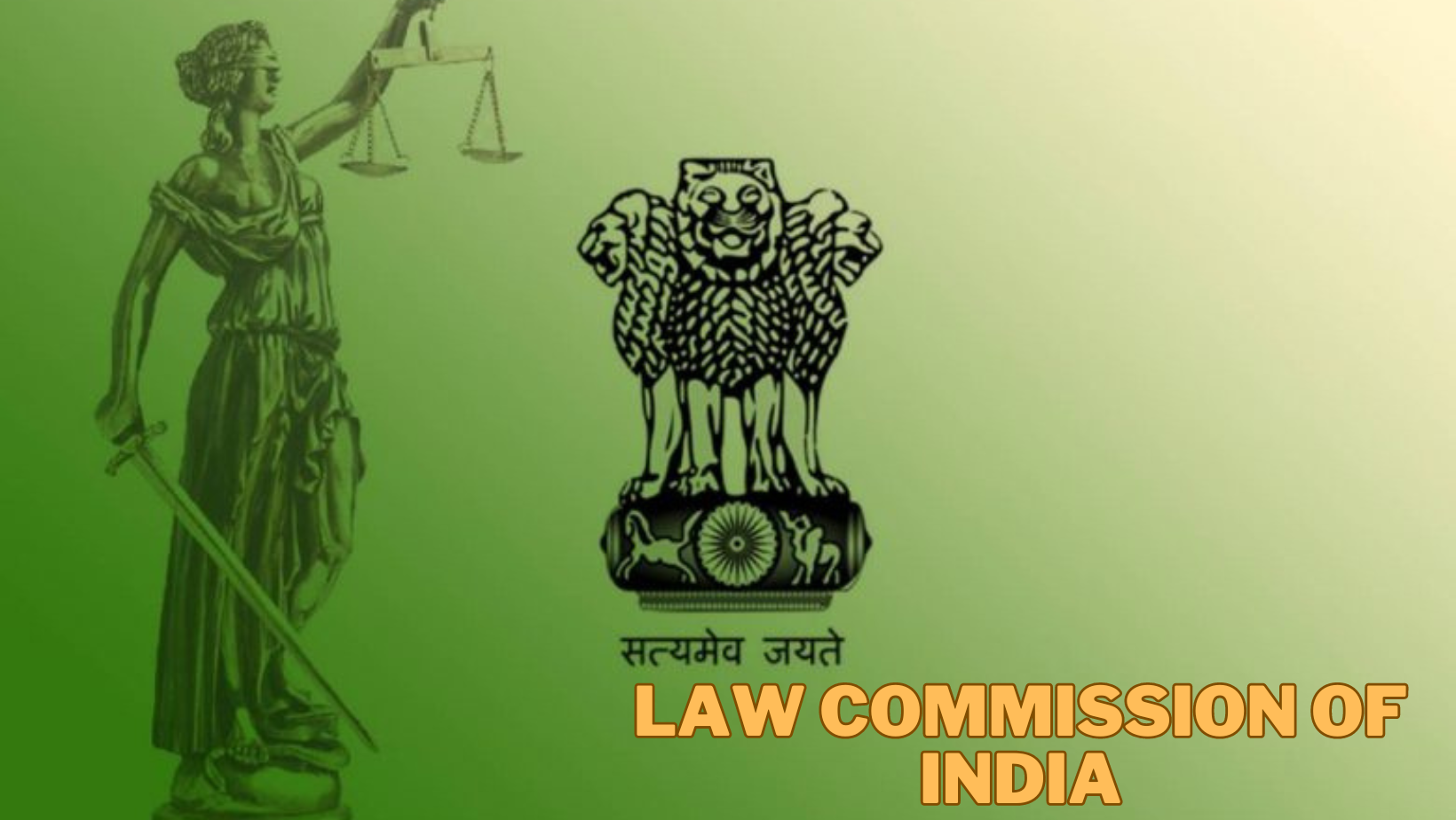: Law Commission of India (Indian Express)

- 03 Feb 2024
Why is it in the News?
The 22nd Law Commission of India led by Justice Ritu Raj Awasthi has recommended that the offense of criminal defamation should be retained in the new criminal laws.
About the Law Commission of India:
- The Law Commission of India is a non-statutory body, constituted by the Government of India from time to time.
- The commission's function is to research and advise the government on legal reform, and is composed of legal experts, and headed by a retired judge.
- The commission is established for a fixed tenure and works as an advisory body to the Ministry of Law and Justice.
- The first Law Commission was established during colonial rule in India by the East India Company under the Charter Act of 1833 and was presided over by Lord Macaulay.
- After that, three more commissions were established in British India.
- The first Law Commission of independent India was established in 1955 for a three-year term.
- Since then, twenty-one more commissions have been established.
- The 22nd Law Commission has been notified with effect from 21st February 2020 for a term of 3 years.
- Cabinet approves the extension of the term of the 22nd Law Commission of India up to 31st August 2024.
- Justice Rituraj Awasthi (Former Chief Justice of the Karnataka HC) was appointed as the chairperson of the current 22nd Law Commission.
- The last chairman of the 21st Law Commission was retired Supreme Court judge Justice B.S. Chauhan.
The Responsibilities of the Law Commission:
- Identification of laws which are no longer relevant and recommending the repeal of obsolete and unnecessary enactments;
- Suggesting enactment of new legislations as may be necessary to implement the Directive Principles and to attain the objectives set out in the Preamble of the Constitution;
- Considering and conveying to the Government its views on any subject relating to law and judicial administration that may be specifically referred to it by the Government through the Ministry of Law & Justice (Department of Legal Affairs);
- Considering the requests for providing research to any foreign countries as may be referred to it by the Government through the Ministry of Law & Justice (Department of Legal Affairs);
- Preparing and submitting to the Central Government, from time to time, reports on all issues, matters, studies and research undertaken by it and recommending such reports for effective measures to be taken by the Union or any State; and
- Performing such other functions as may be assigned to it by the Central Government from time to time.
